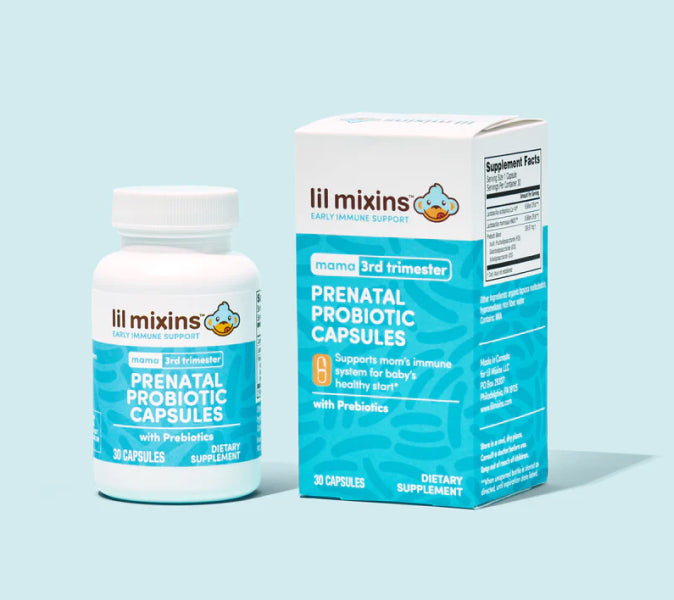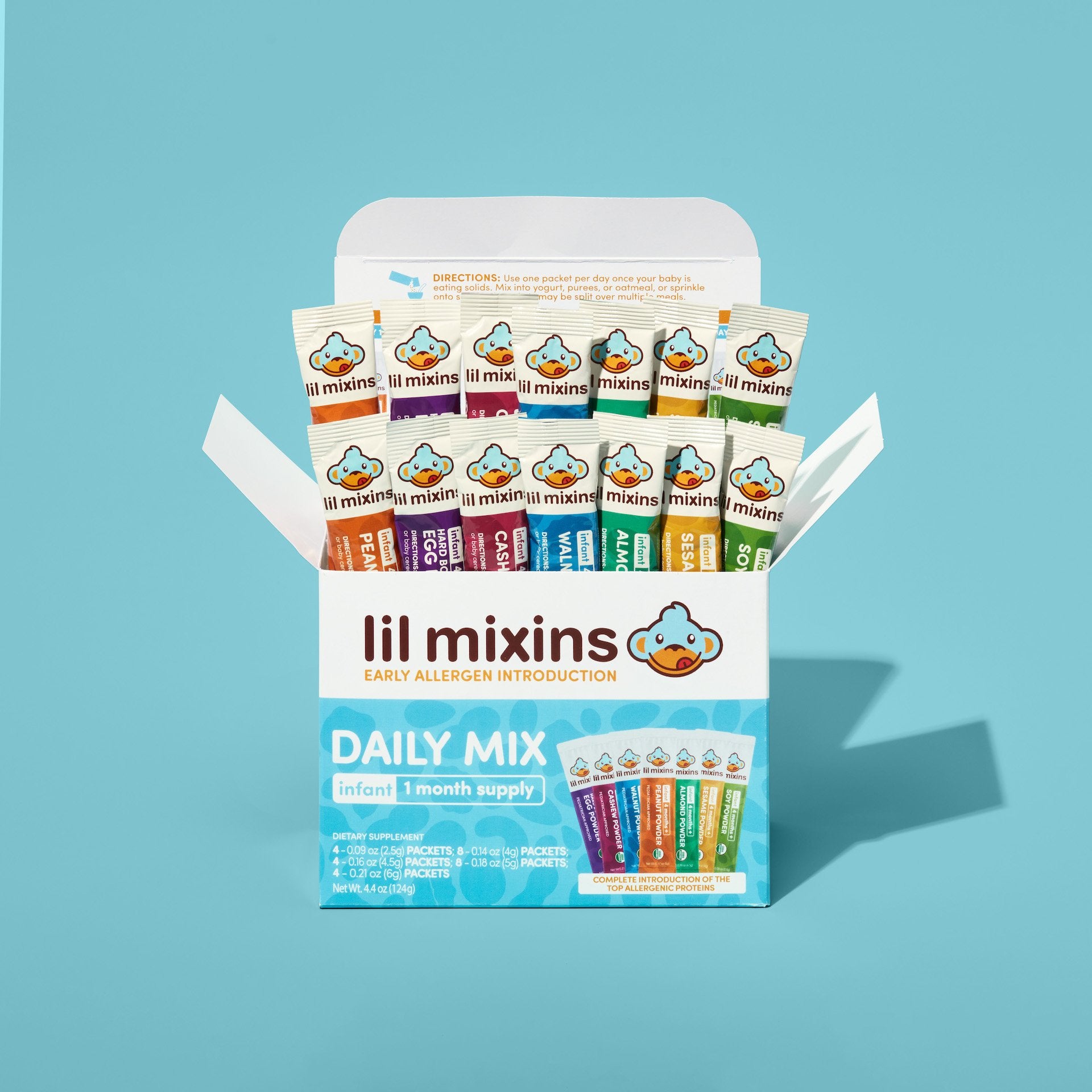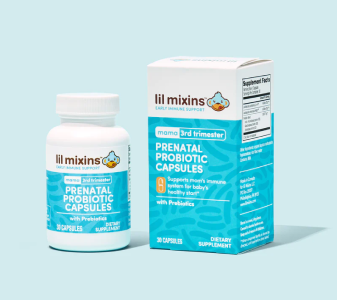Why Eczema Increases Your Baby's Risk of Developing Food Allergies
Eczema and food allergies are linked together. Eczema is a sign that your baby’s immune system is over-reactive. The more severe the eczema is, and the earlier it starts, the more the immune system is going crazy, and the more likely a baby is to develop food allergies. An immune system that is overactive is more likely to mistake harmless food as a danger.
Eczema also makes a bad situation worse. Eczema leaves cracks in your baby’s skin for food protein to sneak through. Eczema skin also gets infected easily, and infected eczema skin makes the immune system rev-up even more. Finally, the act of scratching itself can also activate the immune system. 
What is Eczema?
Eczema is the “itch that rashes.” Eczema always begins with itching. Your baby’s skin itches either because it is very dry or because of a hidden immune reaction to a trigger like pollen, mold, or milk.
The hallmark of eczema is persistent red, dry skin on the face, especially the cheeks and forehead, in the arms near the elbows and wrists, and behind the knees as a baby starts to crawl. If a baby has enough hand control to scratch, the itchy skin can become thickened and scaly.

Shop Prenatal Probiotic Capsules One-Month Supply
How Eczema Cracks in the Skin Can Cause Food Allergies
Many doctors are convinced cracks in eczema skin are the number one way that eczema causes food allergies and they have called it the Dual Exposure Hypothesis.
Eczema causes itching and dry skin. Very dry skin, or skin that has been scratched enough, will develop cracks. Some of these cracks are too small to see, others bleed or have scabs. When babies get food all over themselves, or even just crawl around, bits of food or dust get into those cracks.
A baby’s immune system will get scared by protein that it thinks broke through the skin. Once the immune system learns to be scared, it thinks harmless food is dangerous. This is what a food allergy is.

How Eczema Infections Can Cause Food Allergies
Every person’s skin is covered in bacteria, viruses, and fungi. One bacteria that is found on everyone is staph A. This bacteria is usually harmless, but when skin gets dry or cracked, like on babies with eczema, staph A jumps at the chance to spread out.
Staph A is very dangerous if it gets into your blood, and your body knows that. If staph A infects dry skin, your baby’s immune system will go into attack mode, flooding the body with immune cells.
In the LEAP study on peanut allergy prevention, doctors saw that almost all of the children with eczema who developed peanut allergy had a staph A infection. The kids with eczema but no infection had far fewer peanut allergies.
When the immune system is on high alert, it does a bad job of telling friend from foe, and makes the mistake of a food allergy.

Shop Daily Mix One-Month Supply
How Eczema Scratching Can Cause Food Allergies
The weirdest way in which eczema itching causes food allergies is the act of scratching.
New research, so far only done in mice, at Boston Children’s Hospital showed that scratching the skin increases the chance of allergic reactions to foods, including anaphylaxis. The study showed that when you injure your skin by scratching, the immune system releases certain immune cells in the small intestine. Putting so many unnecessary immune cells in the small intestine can cause them to overreact to any food proteins that are undigested, leading to a food allergy.
What Can You Do to Stop Eczema from Causing Food Allergy?
Because eczema usually develops way before a baby starts eating solid food, your first priority should be to prevent or control eczema flares so that your baby’s skin doesn't have cracks, doesn’t get infected, and so that they don’t scratch.
The second most important way to stop eczema from causing food allergies is to train your baby’s body to recognize foods as safe and harmless. Early, regular feedings of nuts, eggs, peanut, dairy, and wheat can train your baby’s immune system not to have allergic reactions to food.


